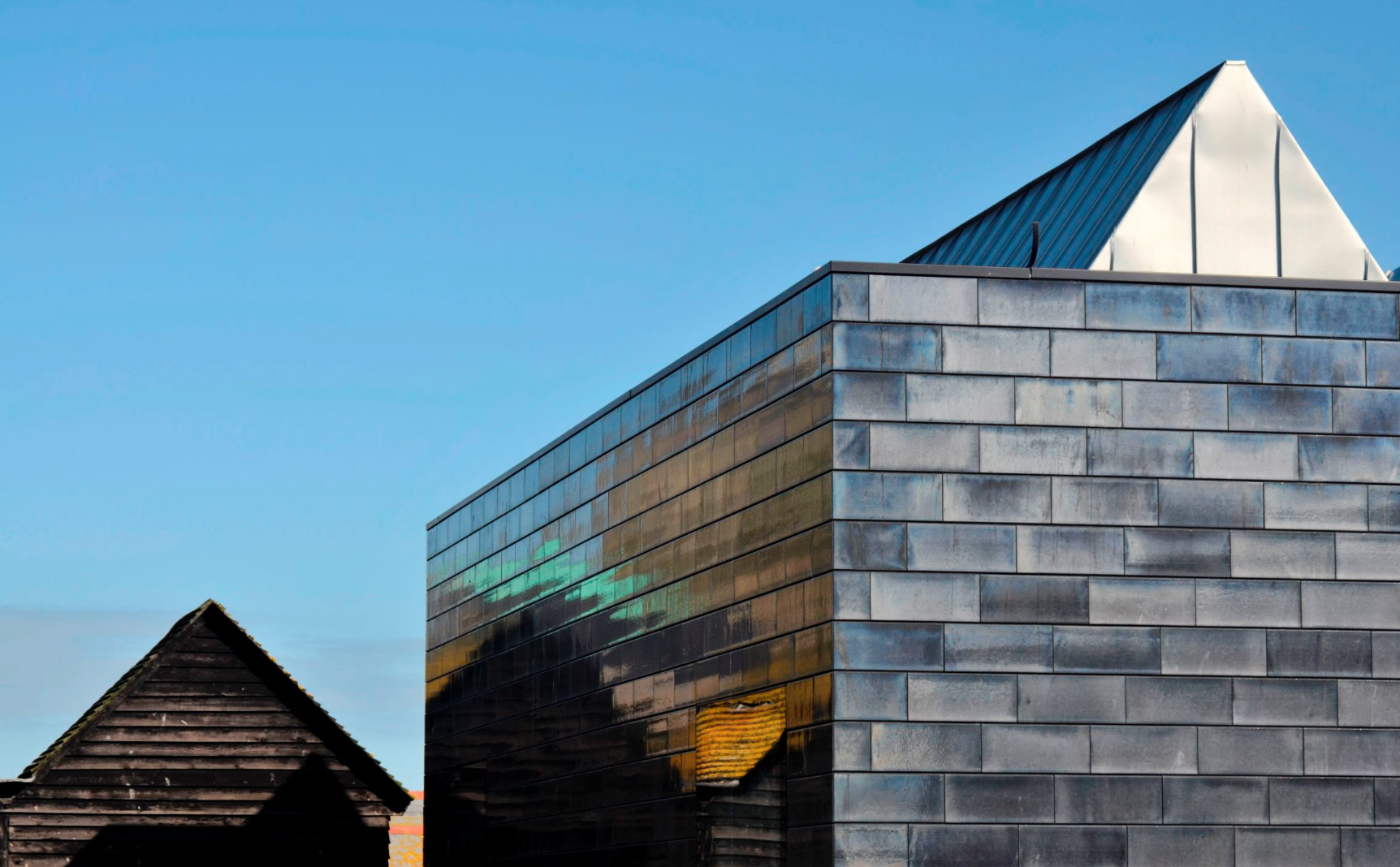Symposium hosted by Continuity in Architecture
Tuesday March 8th at 2pm in the Benzie Lecture Theatre, Â Â Â Â Â Â Â Â Â Â Manchester School of Architecture
All histories are important and all narratives are viable and relevant; the basis of historical existence is no longer seen as a sequence of Kings and Queens, Battles, Discoveries and Political Events. History can be regarded as a discourse; it contains facts, interpretations, bias, and empathy, and all history is positional; it is dependent upon the position of the narrator of that history. Historical analysis is an act of translation; the historian (whether architectural, cultural, scientific, feminist, activist, or any other of a myriad of other focuses) will not be able to view the material through any other lens than that of their own culture. Thus any history contains many different readings and interpretations.
Time and Context : A Continuity In Architecture Symposium
This symposium seeks to discuss the importance of context in relation to architecture and time.
The Symposium will be hosted by:
David Connor was one of the most expressive of the post-modern interior designers in 1980’s London. He revolutionised design with a small collection of domestic and retail projects. These remodelling projects were as anarchic as the clients that they were designed for and included the Seditionaries shop for the ultimate punk couple, Vivienne Westwood and Malcolm McLaren, and an apartment for the pop punk, Adam Ant. The liberation of money meant that interior design was at the time on the cusp of changing from a very proper pursuit for classically trained designers into something considerably more fashionable, provocative and at times outrageous. Connor’s enormous and expressive freehand drawings for these interiors epitomise this approach. Thirty-five years later he has completed, with Kate Darby, a much more serious, but no less eccentric project: an ecologically sound architects studio.
The speakers are:
Fred Scott was previously a visiting professor of Interior Architecture at Rhode Island School of Design and course leader for Interior Design at Kingston University. He is the author of On Altering Architecture, and he will discuss suggested practices based on the interrogation of the context, the everyday in flux, and the ideal in an attempt to identify a theory of intervention.
Hana Loftus is one of the founders of HAT Projects, a studio which has a specific focus on public and civic projects. She is an expert in public participation in urban development, and will examine two projects; the RIBA award winning Jerwood Gallery on Hasting’s seafront, and the $20,000 house in Alabama, a prototype for families living in poverty.
Hugh Strange runs an award winning London based architecture practice. He has a keen interest in precise contextual responses to sensitive urban and rural sites. He will talk about two projects: his personal residence Strange House and Studio, a low budget yet generous house squashed into an old pub yard, and Architecture Archive, a new timber structure which snuggles within the walls an existing barn.
Gianni Botsford, founded Gianni Botsford Architects in 1996. He will discuss two projects: the RIBA award winning Light House, a new-build large family house on a brown-land site in Notting Hill, London, and the Casa Kiké located in Costa Rico, a RIBA international award-winning double pavilion.
Piers Taylor (The House that £100k Built, BBC2) will discuss the work of his practice Invisible Studio, which aims to be a different type of organisation from a conventional practice. It operates through collaboration, experimentation, research and education. They are interested in going about the process of architecture in a different way – a way where clients, users, collaborators and makers are all part of the process of design.

